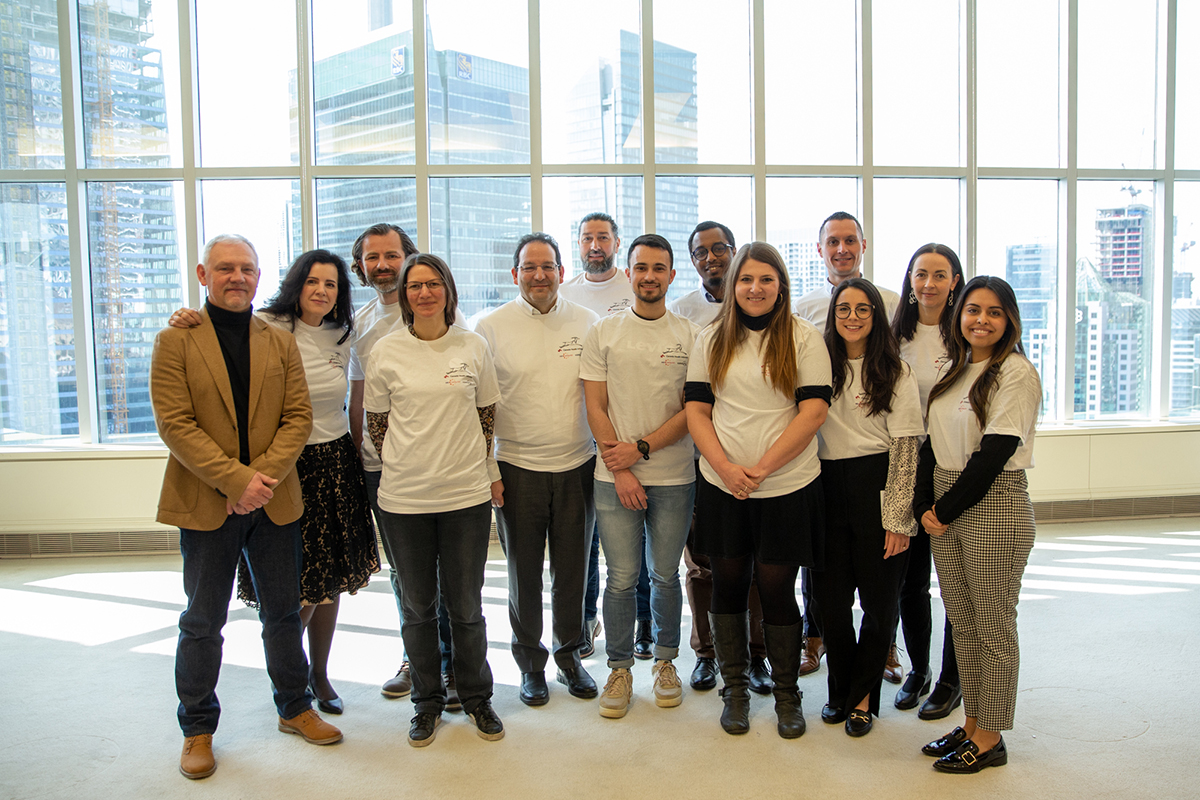Or let’s say that you’re meeting a new specialist — and they’ve been able to easily read through your curated health history before you even step into the exam room, or log into the virtual visit.
Or let’s say you’ve been in an accident, and the emergency department physician can quickly and straightforwardly determine your allergies, underlying conditions and primary care physician.
And imagine not having to spend valuable time repeating your health history or making sure you remember it all!
These are all cases where patients and clinicians would benefit from a patient summary. A patient summary does not represent their entire health record but is comprised of a standardized collection of patient information, and may include elements such as a patient’s medications, allergies and immunizations. With our partners, including multiple provincial leads, Infoway has been facilitating a collaborative process to develop a trial specification for the pan-Canadian Patient Summary (PS-CA). Based on the International Patient Summary, the PS-CA is comprised of building blocks that can be shared and configured in health systems across the provinces and territories.
The PS-CA requires a lot of health information to be exchanged between many different people. It also needs to be interoperable — the information needs to be shared and understood across different systems and solutions. To give a few examples, the PS-CA needs to work for a clinician using a hospital information system, a primary care clinician using an EMR or a patient on their smartphone. When systems are technically enabled to share information with each other (e.g., through APIs), it’s a step towards more connected, collaborative care that enables better patient access to their own health information.
To validate the PS-CA specification, Infoway and IHE Catalyst recently collaborated to execute the first Canadian Projectathon, a practice that has been used internationally for data standardization and interoperability. This is a testing and prototyping event, a little like role-playing or running a simulation. Participating vendors tested different combinations of variables, mixing and matching different transactions (what gets shared) and actors (who is sharing).
During the Projectathon, vendors completed development in their systems to align with the PS-CA specification and they were able to create and exchange a well-formed patient summary based on FHIR. A total of 67 tests on six profiles were completed, impressive for a first Projectathon. Not only did the Projectathon demonstrate the effectiveness of the PS-CA specification, but it also underlines the importance of these events to the design and development process.
Projectathons are an international practice. By holding these events in Canada, we’re making it easier for vendors to align with international standards. This methodology can also be used for initiatives other than PS-CA; for example, a vendor might want to test a new piece of code for an EMR. They might even be able to leverage an existing set of standardized and aligned codes to do so. By optimizing the testing and validation process, time spent on design and development can be reduced, meaning that new innovations can reach end-users more quickly.
Ultimately, interoperability is more than systems “speaking the same language.” The people using those systems need common understandings as well. Through collaborative activities like the Projectathon, vendors can deepen their understanding of clinical workflows and work together to implement solutions that will benefit patients, providers and the health system.
After all, everyone — vendors, health care providers and patients — has the same goal. We want a more connected, collaborative health system and healthier Canadians. Over the three days of the Projectathon, we took a substantial step towards realizing that vision.
Learn more about the PS-CA and its releases on InfoScribe. Curious to learn more about the Projectathon experience? Tune into this Digital Health InfoCast podcast episode, featuring several Projectathon participants!
Have a comment about this post? We’d love to hear from you.



